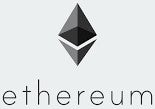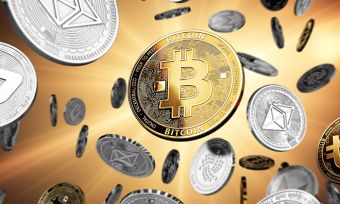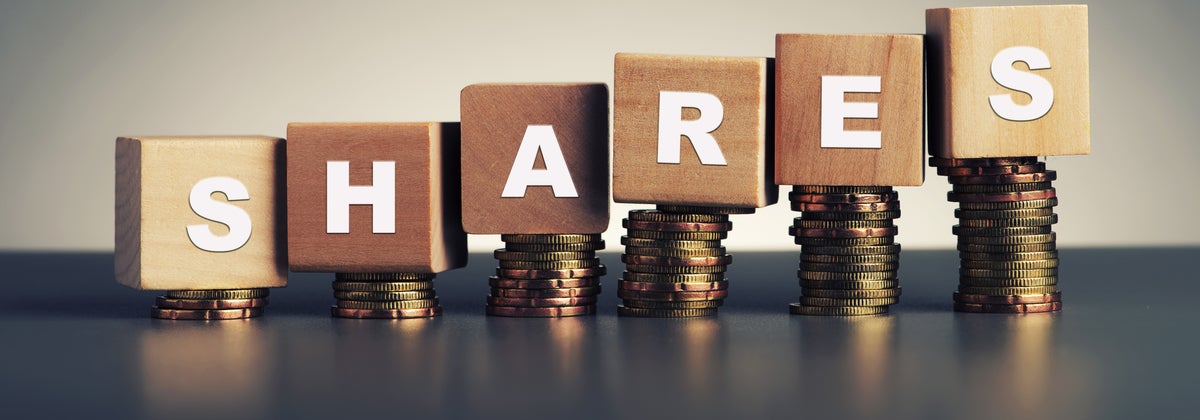Ethereum hasn’t been around long, but the blockchain-based platform has enjoyed soaring popularity since its launch. In fact, such has been its surge in recent times, that many analysts are now speculating whether it can surpass cryptocurrency trailblazer Bitcoin.
Like Bitcoin, Ethereum is based on blockchain technology. It facilitates peer-to-peer transactions. but unlike Bitcoin, Ethereum harnesses blockchain for a lot more than simply making digital payments.
In the following guide, we’ll take a look at:
The basics of cryptocurrency
The Ethereum platform
What is Ether?
What Ether is worth
Should you invest?
Blockchain and cryptocurrency basics
When you think crypto, you think Bitcoin. Bitcoin has long dominated the digital currency market. But the wider cryptocurrency ecosystem has been evolving at pace in recent years and has, in turn, been moving further towards the mainstream. With this, new cryptocurrencies are now regularly hitting the market.
Among this rolling wave of market entrants, we have Ethereum. The Ethereum platform was launched in 2015 and has since grown to become one of the leading players in the increasingly diverse cryptocurrency space.
The blockchain technology used by Bitcoin, Ethereum and other cryptocurrencies is what makes cryptocurrencies so interesting. It fundamentally upends traditional financial models, allowing for peer-to-peer transactions to be made without the involvement of a third party authority (typically a bank)
To understand how this works, it can be helpful to look at some of the specific terminology involved:
- Blockchain – is the technology that allows for the transfer of cryptocurrencies. With the blockchain, there is an immutable, public record of transactions (often described as a digital ledger). This ledger is decentralised, meaning it is shared across a network of computers that work together to maintain and update it, allowing for information to be distributed but not copied.
- Cryptocurrency – refers to digital currencies that are typically based on blockchain technology, meaning they are decentralised.
- Peer-to-peer – as blockchain technology is decentralised, this effectively cuts out middlemen. This means that transactions can be undertaken on a peer-to-peer basis.
- Mining – is the process of verifying transactions by solving cryptographic puzzles. These transactions are then added to the blockchain, with miners typically rewarded with cryptocurrency.
The Ethereum platform: digital money and more
As a starting point, it’s important to clarify that Ethereum itself is not a cryptocurrency. Ethereum is a platform via which users can send cryptocurrency. Ether (ETH), on the other hand, is the native cryptocurrency of the Ethereum platform.
As is explained via the ethereum.org website, Ethereum is a programmable blockchain that builds on Bitcoin’s innovation:
“Ethereum is a technology that lets you send cryptocurrency to anyone for a small fee. It also powers applications that everyone can use and no one can take down.”
While both Bitcoin and Ethereum allow for peer-to-peer digital money transfers, Ethereum utilises blockchain technology for a range of additional functions. These functions include smart contracts (digital contracts which are automatically executed when prespecified conditions are met) and dapps.
Dapps are decentralised applications. Ethereum hosts dapps, which run on its blockchain technology (as opposed to regular apps which run on centralised servers). These dapps range from finance, arts and collectables, to gaming and technology applications.
The varied functions available via the Ethereum platform combine to encompass what ethereum.org describes as:
“a marketplace of financial services, games and apps that can’t steal your data or censor you”.
→ Related article: What is a Non-Fungible Token (NFT)?
What is Ether (ETH)?
As we mention above, the distinction between Ether and the Ethereum platform is important. The Ether cryptocurrency is required to perform actions via Ethereum, effectively acting as the fuel that powers the platform.
In this sense, Ether is fundamentally different from other cryptocurrencies (such as Bitcoin) that function solely as digital currencies.
Describing Ether as “the lifeblood of Ethereum”, ethereum.org provides this overview of how it functions:
“When you send ETH or use an Ethereum application, you’ll pay a small fee in ETH to use the Ethereum network. This fee is an incentive for a miner to process and verify what you’re trying to do.”
In addition to fuelling activities on the Ethereum platform, Ether can, like other cryptocurrencies, be used to make different types of financial transactions, and can be purchased on exchanges using a fiat currency.
What is Ether worth?
Ether has been attracting a lot of attention this year. It’s no wonder why – it’s posting year-to-date gains in excess of 400%. This growth has consolidated its position as the world’s second most popular cryptocurrency. It’s even prompting speculation that it could eventually overtake Bitcoin.
Ether ended the last calendar year valued at around $1000. Thus far in 2021, it has climbed to record highs, at times worth over $5500. Currently* Ether is worth around $4360, while its market capitalisation sits at around $511 billion.
Putting this into context, Bitcoin, which has also enjoyed strong growth this year, has grown to be valued at over $60,000, (over $90,000 at its peak) with a market capitalisation of around $1.19 trillion.
*Keep in mind that these prices are constantly changing, with the above information based on prices at the time of writing, August 2021.
Should you invest in Ether?
There are widely varying opinions about which way the wider cryptocurrency market is heading. Commentators are respectively forecasting that growth is on the cards, or that a downturn is looming.
The cryptocurrency market is notoriously volatile. A quick scan of the historical price movements of different cryptocurrencies will reveal significant price fluctuations.
So while Ether has performed strongly in recent times, this is no guarantee of future growth. If you are considering investing in a cryptocurrency, like Ether, it is certainly worthwhile doing your research. Most importantly, carefully weigh up the risks involved.
Where to buy Crypto in NZ
The display order does not reflect any ranking or rating by Canstar. The table does not include all providers in the market.
| Provider | Fiat Currencies | Bitcoin | Other Currencies | Est. |
| Easy Crypto | NZD, AUD | Yes | 100+ | 2018 |
| Independent Reserve | NZD, AUD, USA | Yes | 24 | 2013 |
| Kiwi Coin | NZD | Yes | No | 2014 |
| Swyftx | NZD, AUD | Yes | 228 | 2017 |
This information is not an endorsement by Canstar of cryptocurrency or any specific provider. Canstar is providing factual information supplied by providers. Cryptocurrencies are speculative, complex and involve significant risks. Canstar is not providing a recommendation for your individual circumstances or in relation to any particular product or provider.
About the author of this page
![]() This report was written by Canstar author Martin Kovacs. Martin is a freelance writer with experience covering the business, consumer technology and utilities sectors. Martin has written about a wide range of topics across both print and digital publications, including the manner in which industry continues to adapt and evolve amid the rollout of new technologies.
This report was written by Canstar author Martin Kovacs. Martin is a freelance writer with experience covering the business, consumer technology and utilities sectors. Martin has written about a wide range of topics across both print and digital publications, including the manner in which industry continues to adapt and evolve amid the rollout of new technologies.
Enjoy reading this article?
You can like us on Facebook and get social, or sign up to receive more news like this straight to your inbox.
By subscribing you agree to the Canstar Privacy Policy





Share this article